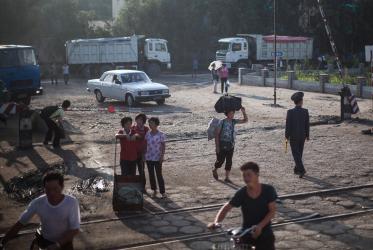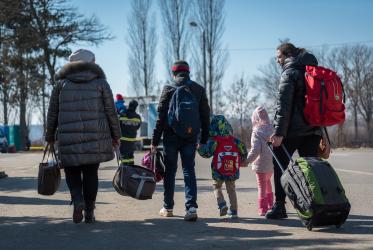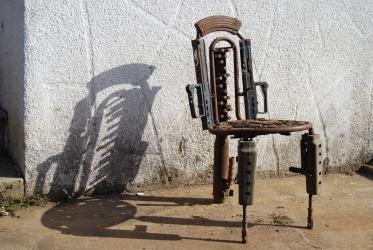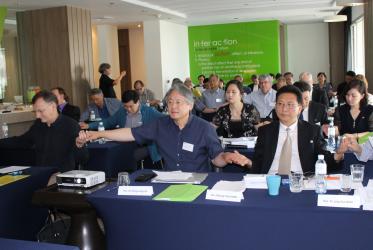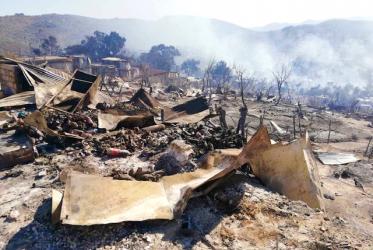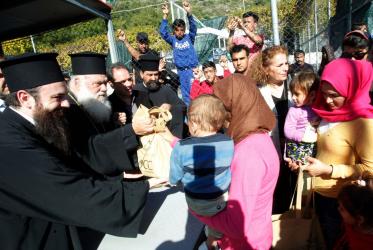Displaying 1 - 20 of 77
11 September 2023
Promoting human dignity through art
06 September 2022
Women with disabilities want to belong in churches
31 August 2022
WCC honoured with Geneva Engage Award
01 February 2022
Peace and unity on the Korean Peninsula matters globally
25 February 2021
In a COVID-stricken world, “everyone is important”
23 October 2020
The cry of the Papuans in Indonesia
14 November 2019
Markus Imhoof film receives human rights award
10 October 2019





